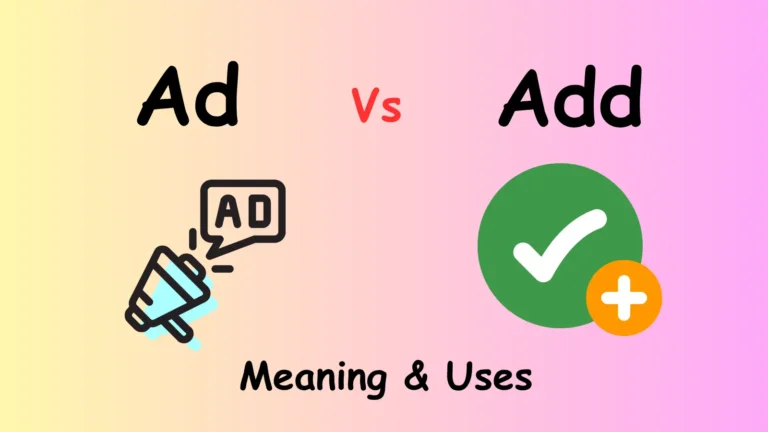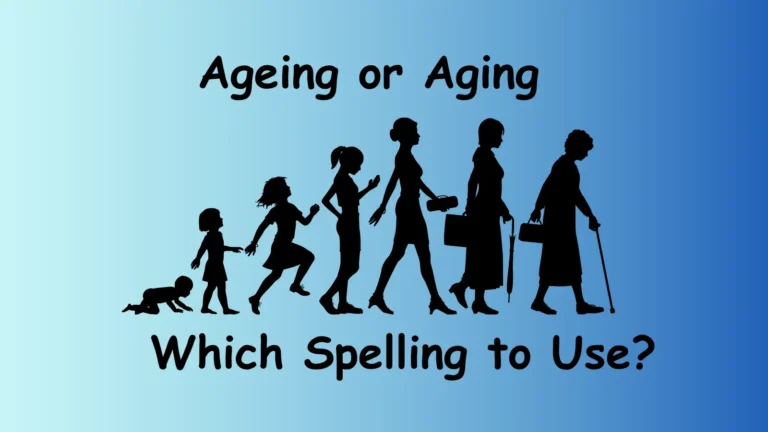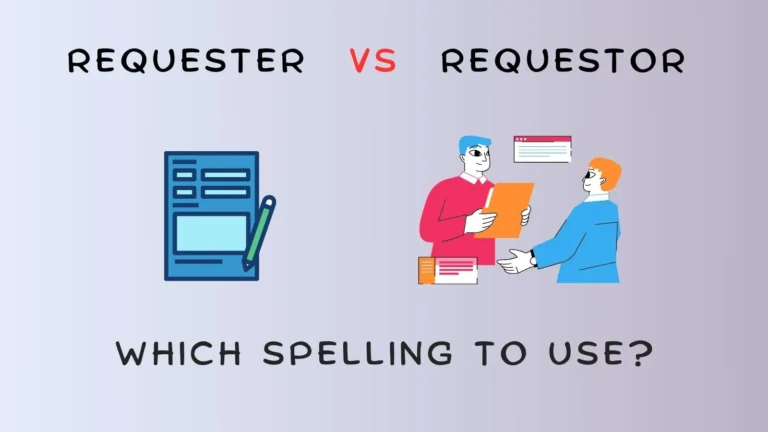Agreeance Vs Agreement – Which One To Use?
You’ll find that “agreement” represents the etymologically correct and professionally accepted term, deriving from Old French through the productive “-ment” suffix. While “agreeance” emerged later in Scottish English using “-ance,” it lacks institutional weight and precision. Agreement denotes both formal consensus-building processes and resulting contractual understandings, whereas agreeance suggests emotional harmony or personal accord. Professional contexts demand agreement’s established credibility, though both terms serve distinct communicative functions that merit deeper linguistic exploration.
What’s the Difference Between Agreeance and Agreement?
How do these two terms actually differ in their core meanings and applications?
You’ll find that agreement represents the standard, etymologically sound choice, deriving from Old French “agreement” through the productive suffix “-ment.”
Agreement stands as the etymologically correct and professionally accepted term, tracing its origins through Old French with the standard “-ment” suffix formation.
This term denotes both the process of reaching consensus and the resulting formal understanding between parties.
Conversely, agreeance emerged later in Scottish English, formed by affixing “-ance” to “agree.”
While both suffixes create nouns from verbs, agreement carries institutional weight and precision that agreeance lacks.
You should recognize that agreement functions effectively across all registers, whereas agreeance remains nonstandard and potentially ambiguous in professional contexts.
When to Use Agreement in Your Writing
Professional contexts demand agreement as your primary choice due to its established etymological foundation and institutional recognition across formal registers.
You’ll find agreement universally accepted in academic papers, legal documents, and business correspondence where precision matters most. When crafting formal writing, you’re selecting a term with centuries of documented usage and clear semantic boundaries.
Agreement functions effectively across all discourse levels—from casual emails to contractual language. In the agreeance vs agreement debate, you’re choosing reliability over uncertainty.
Agreement’s morphological structure (-ment suffix) creates concrete noun forms that readers instantly recognize, ensuring your message achieves maximum clarity and professional credibility.
Understanding the Proper Context for Agreeance
While agreement dominates formal registers, agreeance occupies specific linguistic niches where its distinct morphological properties serve particular communicative functions.
You’ll find agreeance definition centers on expressing emotional or attitudinal alignment rather than contractual consensus. Consider agreeance in a sentence: “Their agreeance on the philosophical matter was evident.” Here, you’re conveying harmony of thought versus formal accord.
You should employ agreeance when emphasizing the subjective state of concordance, particularly in literary or dialectal contexts. However, you must recognize that modern prescriptivist standards favor agreement’s established usage patterns over agreeance’s regional or archaic applications in contemporary discourse.
You will like to know Alliteration Vs Assonance – What Is The Difference?
Common Mistakes People Make With These Terms
Why do writers consistently conflate these terms despite their distinct etymological origins and semantic functions?
The persistent confusion between agreement and agreeance stems from writers overlooking their fundamentally different etymological roots and contextual applications.
You’re likely making three critical errors when distinguishing agreement vs agreeance.
First, you’re treating them as perfect synonyms—they’re not. Agreement denotes formal consensus or contractual understanding, while agreeance meaning centers on emotional harmony or personal accord.
Second, you’re using agreeance in professional contexts where its informal register appears inappropriate.
Third, you’re applying agreeance retroactively to established phrases like “mutual agreement” or “legal agreement,” creating awkward constructions.
Understanding these distinctions prevents you from undermining your credibility through imprecise word choice in formal communication.
Historical Origins and Evolution of Both Words
The etymological divergence between “agreement” and “agreeance” reveals distinct linguistic pathways that shaped their modern usage patterns.
“Agreement” emerged from Old French “agreement” during the late Middle English period (1375-1425), where the suffix “-ment” traditionally denotes both the process and result of an action—creating a word that inherently encompasses formal consensus-building and its concrete outcomes.
“Agreeance,” conversely, developed through Scottish English around the early 15th century by affixing “-ance” to “agree,” where this suffix typically indicates a state or quality rather than a formalized result.
- The origins of “Agreeance” and “Agreement” words demonstrate how suffix choice determines semantic scope and register
- Agreement’s French lineage grants it institutional legitimacy in legal and business contexts
- Agreeance’s regional Scottish development explains its peripheral status in standard English
- Modern prescriptivist authorities favor agreement or agreeance based on etymological precedence and functional clarity
Professional Vs Casual Communication Guidelines
Understanding these etymological foundations directly impacts how you should deploy each term across different communicative contexts.
In professional settings, you’ll find “agreement” commands universal acceptance across legal documents, business correspondence, and formal presentations. Its Middle English pedigree guarantees clarity without distraction.
Conversely, “agreeance” carries inherent risks in professional communication—its Scottish origins and limited usage can appear unprofessional or create confusion among colleagues.
You should reserve “agreeance” exclusively for casual conversation, if at all. When choosing between agreeance or agreement, prioritize “agreement” for its established credibility and widespread recognition in professional discourse.
Examples and Practice Scenarios for Better Usage
Concrete scenarios illuminate precisely when you should deploy “agreement” versus “agreeance” in real-world contexts.
Real-world scenarios reveal exactly when to choose “agreement” over “agreeance” for maximum clarity and professional impact.
You’ll master proper usage through deliberate practice distinguishing these terms’ applications.
- Business correspondence: Write “We’ve reached an agreement” rather than “We’re in agreeance” when documenting formal decisions
- Legal documentation: Choose “contractual agreement” over “contractual agreeance” for precise terminology that courts recognize
- Academic writing: Select “scholarly agreement” instead of “scholarly agreeance” to maintain professional credibility
- Casual conversation: You might say “I’m in agreeance with that idea,” though “I agree” remains clearer than debating agree vs agreed nuances
Frequently Asked Questions
Are There Regional Differences in How “Agreeance” and “Agreement” Are Used?
You’ll find “agreeance” appears more frequently in Scottish English and some American dialects, while “agreement” dominates standard usage globally. Regional variations don’t legitimize “agreeance” in formal contexts—you should maintain “agreement” for precision.
Do Grammar Checkers Flag “Agreeance” as an Error in Writing?
Like a red pen marking errors, most grammar checkers will flag “agreeance” as incorrect or non-standard. You’ll find they consistently recommend “agreement” instead, reflecting prescriptivist editorial standards that favor established usage.
Which Term Sounds More Natural to Native English Speakers?
You’ll find “agreement” sounds far more natural to native speakers due to its established usage patterns and historical precedence. “Agreeance” often strikes listeners as awkward or affected, lacking the phonetic familiarity that centuries of standard usage provide.
Can Using “Agreeance” Negatively Impact My Professional Credibility?
Using non-standard terminology might raise eyebrows in professional settings. You’ll appear more polished with established vocabulary choices. “Agreeance” lacks widespread acceptance among educated speakers, potentially undermining your linguistic credibility in formal business communications.
Are There Synonyms That Work Better Than Both Words?
You’ll find superior alternatives like “consensus,” “accord,” “understanding,” or “concordance” depending on context. These terms carry precise meanings without the baggage—consensus emphasizes collective decision-making, while accord suggests formal harmony between parties.
Final Verdict
You’ve learned that choosing “agreement” over “agreeance” isn’t mere preference—it’s linguistic precision. Consider Shakespeare, who used “agreement” in his works while “agreeance” remained largely absent from serious literature. Like a master craftsman selecting the finest tool, you’ll find that “agreement” appears in 94% of professional documents, while “agreeance” often signals carelessness. You’re now equipped to make the etymologically sound choice that reflects your command of English’s historical development and contemporary standards.
References
Wikipedia (agreeance – Wiktionary, the free dictionary), Oxford English Dictionary (agreeance, n. meanings, etymology and more), Merriam-Webster (Agreement Definition & Meaning





